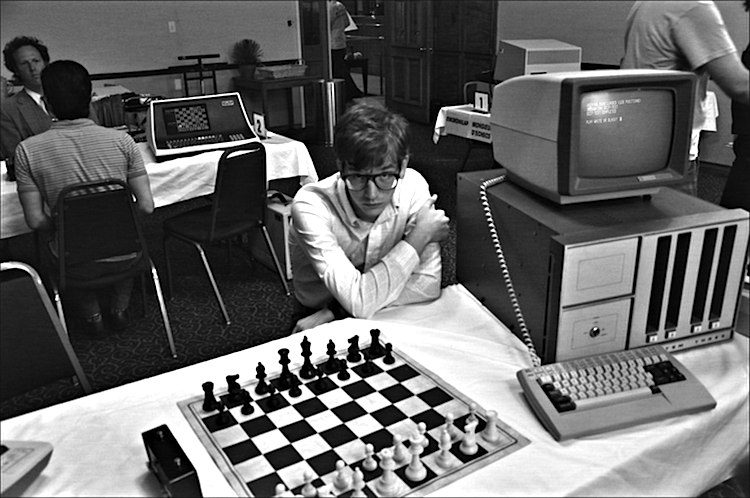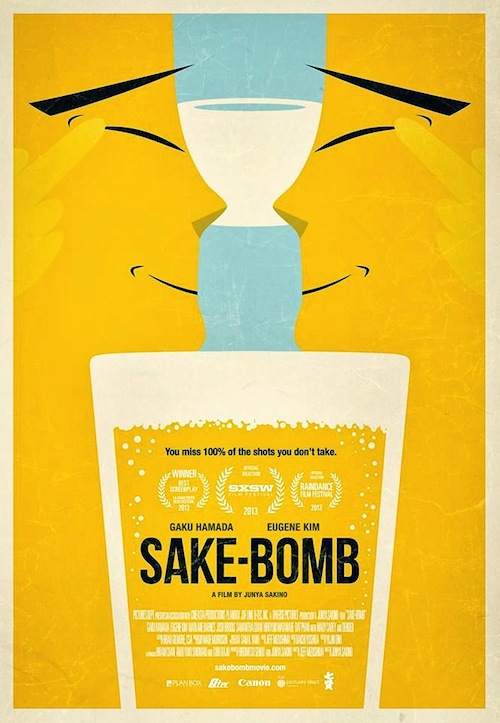
[Editor’s Note: the post below appears today at The Huffington Post.]
By Jason Apuzzo. Computers need to be put in their place. They really do.
That’s why I’ve been looking forward to the DVD release this week of Andrew Bujalski’s cult Sundance hit Computer Chess. Computer Chess finally spills the beans about where these little monsters came from in the first place.
Every time I pick up a newspaper these days – I’m one of the twelve people left who still read physical newspapers – I read about how computers are spying on us, destroying jobs, or infuriating health insurance customers. Like a hungry Rottweiler off its leash, computers are getting out of control and tearing up the neighborhood.
If you believe what you read, computers are also in the process of wrecking the book publishing and music industries, eliminating celluloid photography – and just this week computers claimed their latest victim, one near and dear to my heart: the local video store, as Blockbuster finally succumbed to laptops, smartphones and tablets as the preferred ways of renting all those movies you couldn’t afford to see (or were too embarrassed to see) when they were in theaters.

No more video stores – who would’ve believed it, even just ten years ago? That means no more pimply teenagers to recommend midnight horror movies to me (“Sir, I definitely recommend C.H.U.D. over TerrorVision“), no more aimless browsing or listening to neighbors argue over which Steven Seagal movie to rent, no more cheap licorice sticks at the checkout counter.
I never thought I’d miss those things so much – but suddenly I do. And it’s all because of our ‘friend’ the computer. Computers are becoming like the Yankees during the ’90s: gobbling up everybody else’s talent, then telling us how good it is for baseball.
The propaganda over the wonders that computers supposedly bring to our lives is getting out of hand. In the very least, it’s out of proportion to the destruction computers are simultaneously causing – that ‘disruptive’ effect Silicon Valley gurus salivate over, like vampires at a blood drive.
So as Twitter – the company currently reducing our public discourse to snarky, 140-character outbursts – celebrates its gaudy IPO right now, I’d like to recommend a new movie out on DVD this week that casts digital technology in a very different light: Computer Chess. Continue reading LFM’s Jason Apuzzo at The Huffington Post: Putting Computers in Their Place: Computer Chess & The Nerd Origins of Today’s Technopoly



